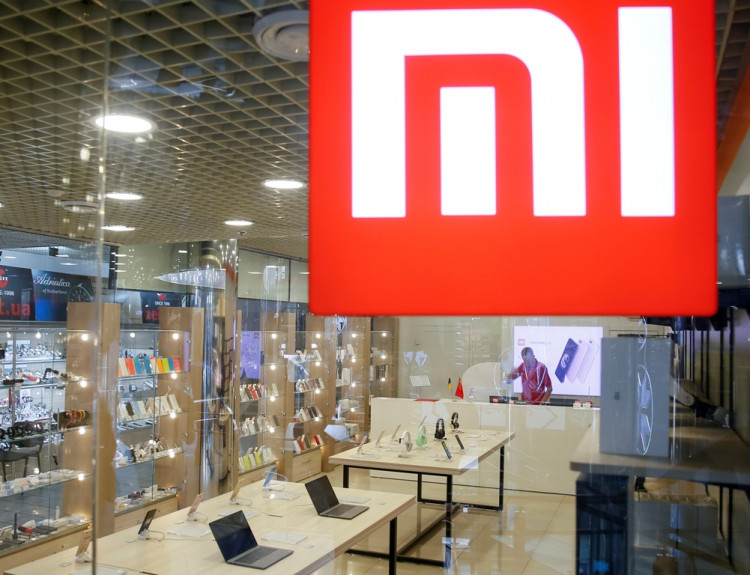Xiaomi Corp. has replaced Huawei Technologies as the world's third-largest smartphone seller after Samsung and Apple.
In its unaudited third quarter financial report out Tuesday Xiaomi saw a 19% increase in net profit as shipments increased by 45.3% year on year. Revenue was a record 47.6 billion yuan ($7.23 billion). Its market share was 13.5%.
Building Overseas Markets
It is the first time Xiaomi's overseas revenue was more than from home.
According to the report, revenue from overseas increased 52.1% year on year to 39.8 billion yuan - accounting for 55.1% of total revenue.
Xiaomi retained top spot in smartphone shipments in Spain for a third consecutive quarter with a 33.9% market share. Additionally, Xiaomi has shipped more than 10 million smartphones overseas markets, excluding India, via e-commerce channels in the first nine months this year. Xiaomi led the India market in the third quarter with shipments of 13.1 million units and a 26.1% market share, according to Canalys.
To compete with Xiaomi in the lower-price range in India Huawei's Honor brand launched smartphones in the subcontinent in August priced from 610 yuan. Chief executive Zhao Ming, former president of Honor, said early this year that Honor would prioritize India.
Revenue from Internet of Things and lifestyle products increased by 56.2% year on year in overseas markets - reaching a high, according to its report.
Competing With Honor
Benefiting from domestic sales in the early part of this year, especially during the Lunar New Year, Huawei ranked the world's top smartphone seller for the first time. However, U.S. sanctions dealt Huawei's supply chains a low and last week it had to sell Honor, whose budget smartphones are major Xiaomi rivals.
Huawei's problems helped Xiaomi's sales, industry experts said. However, Xiaomi's dominant position in the mid-range and low-end market was the core driver of growth.
Though Xiaomi has introduced premium smartphones to compete with Samsung, Apple and Huawei, with nearly 1.4 million shipments, it only accounts for a 2% market share. The average selling price of Xiaomi's smartphones is 1,022 yuan per handset - a decline of 8.4% quarter on quarter.
With the new management of Honor, Xiaomi may soon face a new competition for Honor - no longer limited by the U.S. sanctions," said analysts.
A Smart Approach
In Yizhuang district, an economic and technological development area of Beijing, Xiaomi operates an 18,600 square meter automated factory with about one hundred engineers. It was put into production in August and is expected to generate more than 1 million premium smartphones accounting for 60 billion yuan to 70 billion yuan annually.
The automated production line spans processes from production management to machine processing and packaging to storage, according to the company's statement. It can produce more than 10 million mobile phones yearly.
This is seen as making further inroads into the high-end market while honing its smart manufacturing capabilities.
Company founder Lei Jun said in the past three years the company invested in and incubated more than 100 intelligent equipment companies and developed an industry fund totaling 12 billion yuan.
Xiaomi's shares on the Hong Kong market declined by 3.68% to close at HK$26.15 a share Wednesday. President Wang Xiang said the stock drop was a result of supply shortages which may last into the next year.





